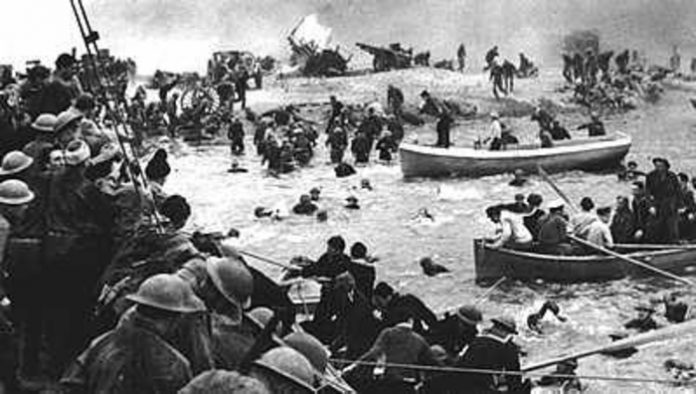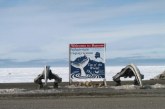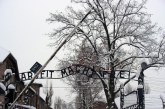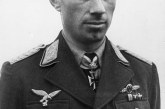
About 860 vessels, from cruisers and destroyers to small private boats and boats, took part in the evacuation near Dunkirk.
The Allied evacuation from Dunkirk, one of the most dramatic operations during World War II, was completed on June 4, 1940. This action saved 338,226 Allied soldiers from German capture or death.
Namely, during May, the German army surrounded the large British, French and Belgian forces on both sides of the French-Belgian border on both sides of the French-Belgian border. Pressed on all sides by the bridgehead, of which Dunkirk was the only port, they gathered on the beaches of Dunkirk because the local port had meanwhile been destroyed. When the Germans were expected to grind down Allied forces, Hitler made a controversial decision on May 24 (which historians still discuss today) to stop the tanks right in front of Dunkirk and leave it to the Luftwaffe to destroy the enemy in a trap. Two days later, the evacuation of Allied forces codenamed Dynamo was launched, which took place in dramatic conditions of growing pressure from the mainland and continuous air attacks.
The evacuation near Dunkirk involved about 860 vessels that made up the strangest fleet in the history of warfare. Namely, for the needs of evacuation, almost all vessels that could be found in British, French, Dutch and Belgian ports were mobilized. So warships, fishing boats, ferries, luxury yachts, ordinary boats were engaged… Hitler then ordered a ground attack, but the Allies had already organized a strong defensive line. It was not until June 4, when the last Briton left, that the resistance subsided and about 40,000 French and Belgians surrendered to the Germans. Allied weapons and 177 aircraft, 29 warships and 215 other ships fell into German hands.
Despite the fact that the operation at Dunkirk was an evacuation, it was considered a great success, as many Allied soldiers were rescued from the Germans. This also preserved a significant military force that could later be used to fight the same enemies. The whole operation was later called the Miracle at Dunkirk.
British Prime Minister Winston Churchill gave a famous speech in the British Parliament at the time of the end of the evacuation. In it he used the phrase: “we shall fight on the beaches”, which has become one of his most famous phrases in general. It was a motivational speech that reflected his intention to never give in to German military force.




